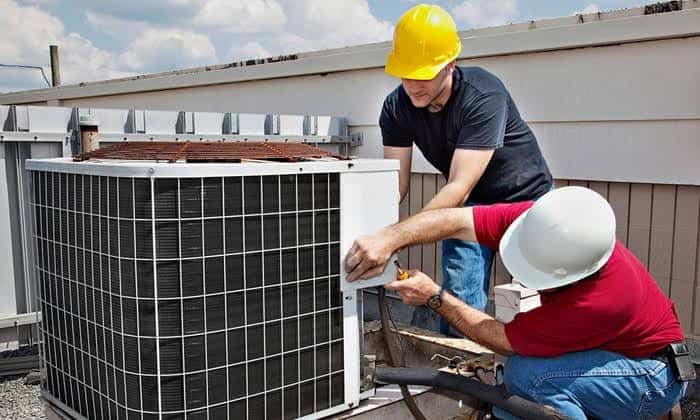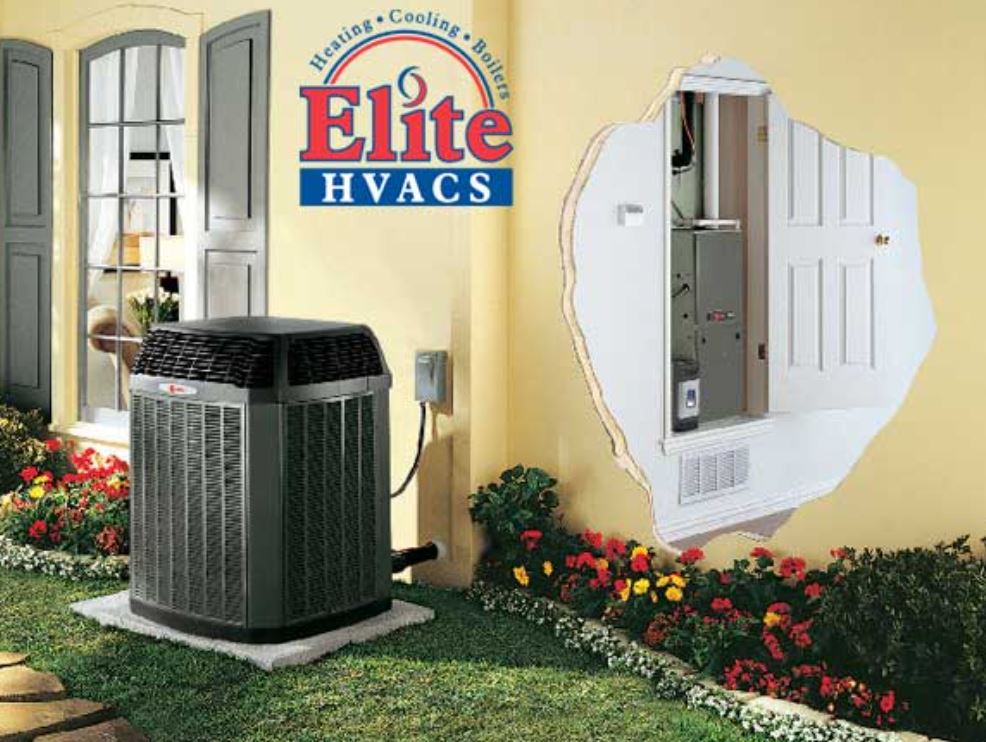
What are the most common types of air conditioning service calls?Turn on the Air Conditioning!
Air conditioning is one of the most important things in a house. It keeps you cool during summer and warm during winter. If your air conditioner stops working, it can be quite stressful to deal with. This article will list some common types of AC service calls so that you’ll know what to expect when you call for help
What are the most common types of air conditioning service calls ?
Air conditioning service technicians often encounter the same problems repeatedly. Here are five of the most common, which we’ll address individually.
Dirty coils: You should make sure that there is proper air flow through your air conditioner. To check this you can use a sock or t-shirt to stop the airflow to see if it makes a difference. This can help to ensure that there is no blockage in the unit and it’s not simply dirty coils.
Noisy operation: If your air conditioner is noisy during operation, faulty fan bearings could be the issue. Run your hand along the shafts of each fan blade to see if they are spinning smoothly. Dirt buildup or misalignment of either the fan or motor could be what’s causing this issue.
Air not cooling well: If your air isn’t working as well as it used to, it may be time to get a new system. You should clean the unit coils thoroughly using electronic parts cleaner, and empty the drip pan. This can eliminate the problem and save you from having to replace an old unit.
Drain dripping or overflowing: Make sure that the drain tubing is free of kinks and obstructions. Also, check the flap inside to make sure it’s not broken or stuck open. You could also have a bad condensate pump or something may be blocking the tubing.
Noisy compressor: If your system is making loud whining noises when operating, it may be due to the bearings. Check the condenser unit with a flashlight to see if you can observe bearing play, or simply replace it outright.
How to prevent an AC failure from happening in your home ?
During the peak summer months, an air conditioner can suffer from high temperatures that will make it stop working. Also, a dirty air filter can clog up and reduce airflow through the system to a point where it is no longer able to cool the home adequately. Here are some tips on how you can prevent such issues when you are not using your AC.
Use a timer : By plugging in a timer, you can ensure that the air filtration system is not turned on when you are gone during the day. This will prevent the unit from overheating or freezing up due to lack of use over an extended period of time.
Keep everything in proper working condition : Regular cleaning of the coils and keeping the filter in good shape will prevent dirt from clogging up. Also, you should check to make sure that no one has tampered with any of the vents or otherwise affected it from working properly. If there is something wrong with a vent, then this could lead to moisture buildup and damage on other components in your AC.
Treat your coils : Regular cleaning with electronic parts cleaner is the best way to prevent hard water buildup and help keep them from becoming clogged up and corroded. You can also wipe a little silicone spray on the coils once every 2 weeks in order to protect them when it rains or snows, which will make it more difficult for debris to stick to them.
Disconnect the power : If your AC is not being used in a single room, you should disconnect the power supply. Simply turning off one side of the system will prevent refrigerant from leaking out prematurely and save you money on an otherwise completely useless unit.
Signs that you need a new furnace or AC unit
If your furnace or air conditioner is not working well, then you may need to replace it with a new one. Here are some warning signs of impending failure that can tell you when it’s time to get a new system installed:
Excessive noise levels : A loud rumbling sound coming from the unit could mean that there are proper lubrication issues inside the motor. A regular inspection of the unit is a good way to check for this problem and make sure you are not neglecting required maintenance on your AC or furnace system.
Not as much heat or cooling : If you don’t get enough heat in winter, then you could have blocked or broken vents which need repair. The same goes for the cooling in summer – if your AC is not working as well as it used to, then this could mean that repairs are necessary.
Cool and warm spots : If you notice areas where there is no air blowing from vents, then your system may be blocked by an obstruction or a kinked pipe. This is also true if you notice areas of the home tend to be extremely hot or cold. Check for any possible obstructions in vents for a quick fix.
Temperature is not steady : The temperature level of your home should be consistent throughout all rooms at all times. If you find that there are large fluctuations, then this could mean that you are experiencing blocked ducts or improper airflow.
Hiring an HVAC contractor for installation and maintenance services
The following are steps that you should follow when hiring an HVAC contractor for installation or maintenance services:
Check their qualifications and experience : You should ask for proof of training and insurance, along with licensing information in order to make sure that the professional you hire is qualified and knowledgeable of all the necessary processes for installation, repair, or maintenance.
Check their workmanship : Make sure that the contractor has signed off on the unit if they are doing a site inspection for your new HVAC system. They should also be able to show you any OEM parts which have been installed so that you can make sure that it is built to last.
Check for customer reviews : Check what other people have to say about the contractor you are considering hiring in order to make sure they have a good reputation in the area and don’t cause major headaches down the road. Whether positive or negative, these reviews can let you know how others feel about their services so that you can make your own decision.

Preventative maintenance tips for maintaining your heating and cooling systems all year round
Ongoing maintenance for your HVAC unit can be hard to remember because, like many things in life, they only seem urgent when you need them. A regular service contract with an AC or furnace repair technician will help remind you of these preventative maintenance tips:
Discuss preventive maintenance regularly with a professional : You should discuss the best way to assist in keeping your AC or furnace system in good working condition. Ask about the recommended frequency of cleaning, checking for wear and tear, inspecting electrical connections, lubricating moving parts with oil, replacing filters, as well as changing worn belts or hoses.
Avoid using a fan without circulating fresh air : If there are conditions which make it hard for you to run the AC or furnace, then you should install a whole house fan in order to move hot air instead of just blowing it around from one place to another.
Make sure that no one smokes inside : It is harmful for anyone who breathes secondhand smoke, even more so if they have asthma or allergies. Not only do cigarettes have nicotine which can block filters and reduce airflow, but there is also tar that sticks to the surface of ducts.
Use a dehumidifier during humid months : Overly dry air can be as hard on your HVAC system as overly moist air, so make sure to use special settings or a whole house dehumidifier during humid months in order to reduce stress.
Check for signs of mold or mildew : You should use a special UV light year round in order to check for black spots, which could be an indication that there is mold growing on your HVAC system. Pay special attention to these areas when the air conditioning unit is running so that you can prevent the growth of mold or mildew.
Check for overall wear and tear : You should have your HVAC system inspected by a professional at least twice per year in order to check for wear and tear that might not be visible at first glance. If there is something which has developed cracks, gone missing pieces, or signs of corrosion, then you should have it repaired before it becomes any worse.



